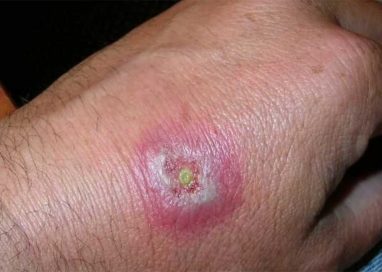Find tips here for preventing or avoiding hay fever

Seasonal allergic rhinitis known as hay fever symptoms run from being somewhat irritating to truly affecting everyday life. These indications can incorporate sniffling, stuffiness, a runny nose or irritation in your nose, top of your mouth, throat, eyes or ears. Feed fever indications are frequently activated by tree dust in the late-winter. Grasses are regularly the offender during the pre-summer and late-spring. Weeds are regularly the reason for pre-fall and fall feed fever side effects. Hypersensitive rhinitis creates when the body’s safe framework winds up sharpened and blows up to something in the condition that ordinarily causes no issues in a great many people.
While evading the allergens that trigger manifestations is the most ideal approach to control roughage fever, your allergist/immunologist may recommend a hypersensitivity medicine to deal with your feed fever side effects. These meds incorporate nasal corticosteroid sprays, antihistamine pills, nasal antihistamine sprays or decongestant pills. On the off chance that you have sensitivities, your allergist may recommend an antihistamine. This prescription treats roughage fever and conditions, for example, hives. Antihistamines help anticipate the impacts of histamine, which is a synthetic discharged by your body during an unfavorably susceptible response. By counteracting the activity of histamine, your hypersensitivity manifestations can be diminished. Antihistamines are accessible as a fluid, tablet or nasal spray.
Many allergens that trigger unfavorably susceptible rhinitis are airborne, so you can’t generally maintain a strategic distance from them. In the event that your indications can’t be well-constrained by basically maintaining a strategic distance from triggers, your allergist may prescribe prescriptions that lessen nasal blockage, wheezing, and an irritated and runny nose. They are accessible in numerous structures — oral tablets, fluid drug, nasal splashes, and eye drops. A few drugs may have reactions, so talk about these medications with your allergist so they can enable you to carry on with the existence you need. Antihistamines are regularly used to treat unfavorably susceptible rhinitis. These meds counter the impacts of histamine, the disturbing substance discharged inside your body when a hypersensitive response happens.




















